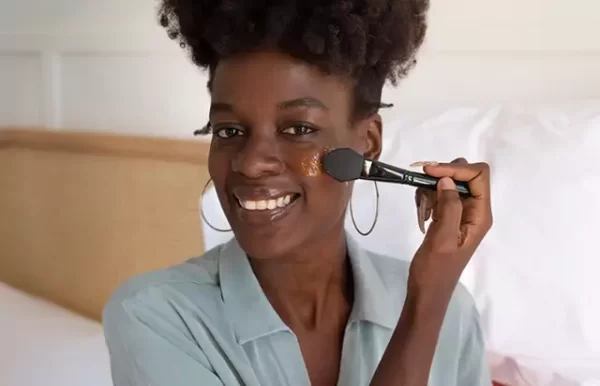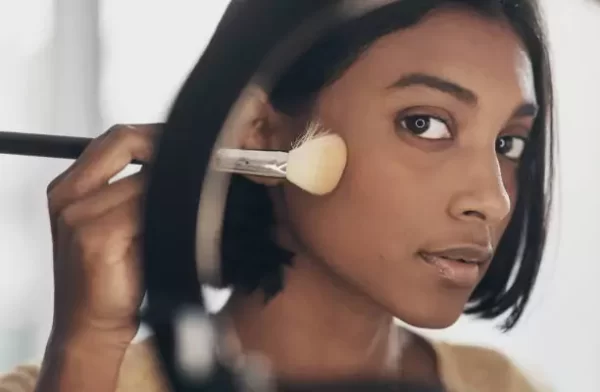Health
5 mistakes to avoid when you want to hide your pimples
Concealing pimples is an art that requires finesse and a few smart techniques.
Pimples, those unwelcome guests that occasionally pop up uninvited, can terribly dampen your confidence.
Luckily, concealing techniques can come to the rescue, helping you put your best face forward.
However, not all methods yield the desired results. Here are five crucial mistakes to avoid when concealing pimples, ensuring your skin looks flawless and natural.
Skipping skincare prep
One of the biggest misconceptions is that makeup alone can hide pimples. Skipping proper skincare preparation can lead to uneven texture and makeup that doesn’t adhere well.
Before applying makeup, cleanse your face, apply a gentle exfoliator, and moisturise to create a smooth canvas. Using a primer formulated for blemish-prone skin will help your makeup last longer and provide a smoother surface for application.
Heavy-handed concealer application
Applying thick layers of concealer may seem like the way to go, but it can actually draw more attention to the pimple.
Instead, use a creamy, full-coverage concealer that matches your skin tone. Apply a small amount directly to the pimple, then gently blend the edges to seamlessly merge with your natural skin.
Ignoring proper blending

Blending is key to achieving a natural and flawless look. Harsh lines or unevenly blended concealer can accentuate rather than hide the pimple.
Use a clean makeup sponge or brush to gently blend the edges of the concealer into your skin. Light, tapping motions work best to avoid disrupting the texture of your skin.
Overlooking colour correction
Colour correction is a game-changer when it comes to concealing pimples.
For red or inflamed pimples, use a green colour corrector before applying concealer. Green neutralises redness, creating a neutral base for your concealer to work its magic.
Just remember to blend well to avoid any green tint peeking through your makeup.
Forgetting to set your makeup
Setting your makeup is the final touch that ensures your efforts last all day. Use a translucent setting powder to gently set your concealer, preventing it from sliding off or creasing. A light dusting is all you need to lock in your concealing work.

By steering clear of these five common mistakes, you can confidently face the day with skin that looks natural and radiant.
Remember, the goal is to enhance your features, not mask them. With the right techniques and a touch of patience, you’ll master the art of flawless concealing and put your best face forward every day.












